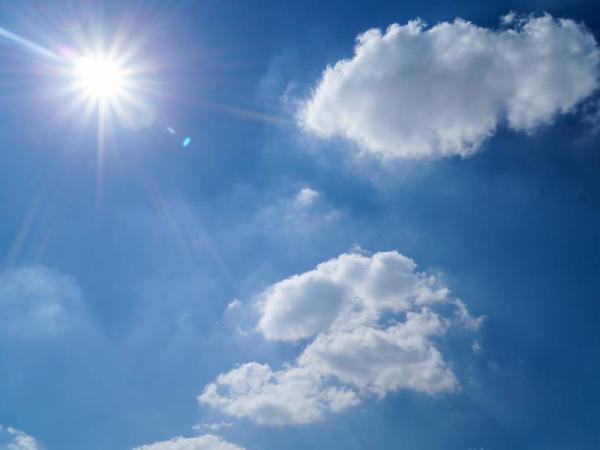Eine tolle neue Webseite ensteht.
Haben Sie bitte noch ein wenig Geduld. Geduld lohnt sich meistens. Wir beeilen uns mit der Arbeit an unserem brandneuen Konzept und Design. Gut Ding braucht Weile. Hoffentlich schauen Sie bald wieder hier rein. Wir wünschen Ihnen heute einen besonders guten Tag!
Kontaktformular
Bitte geben Sie für eine Anfrage Ihren Namen und Ihre E-Mail Adresse an. Wir werden uns dann umgehend mit Ihnen in Verbindung setzen.
Vielen Dank!

